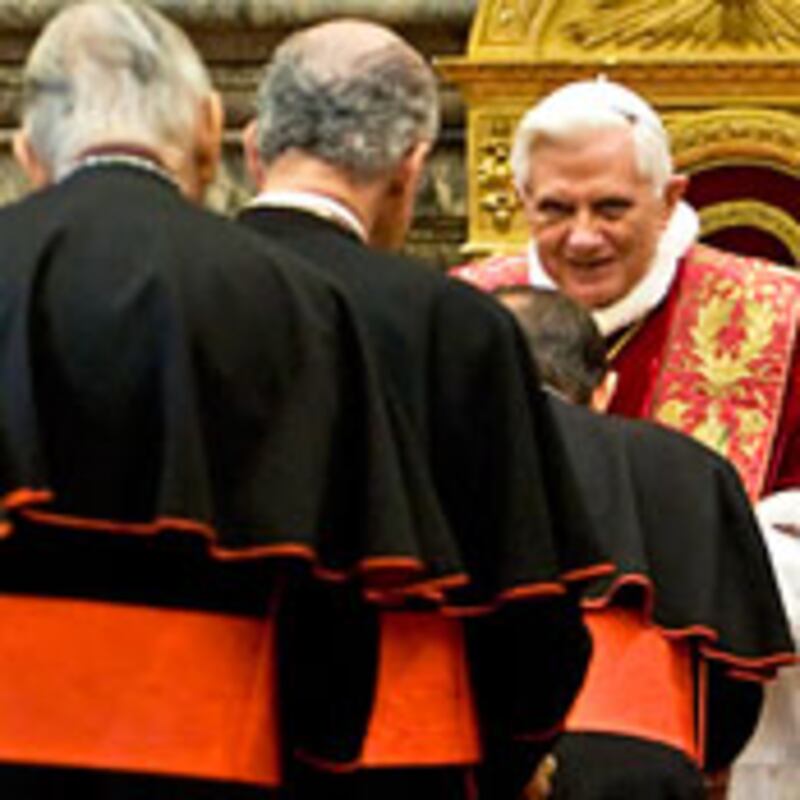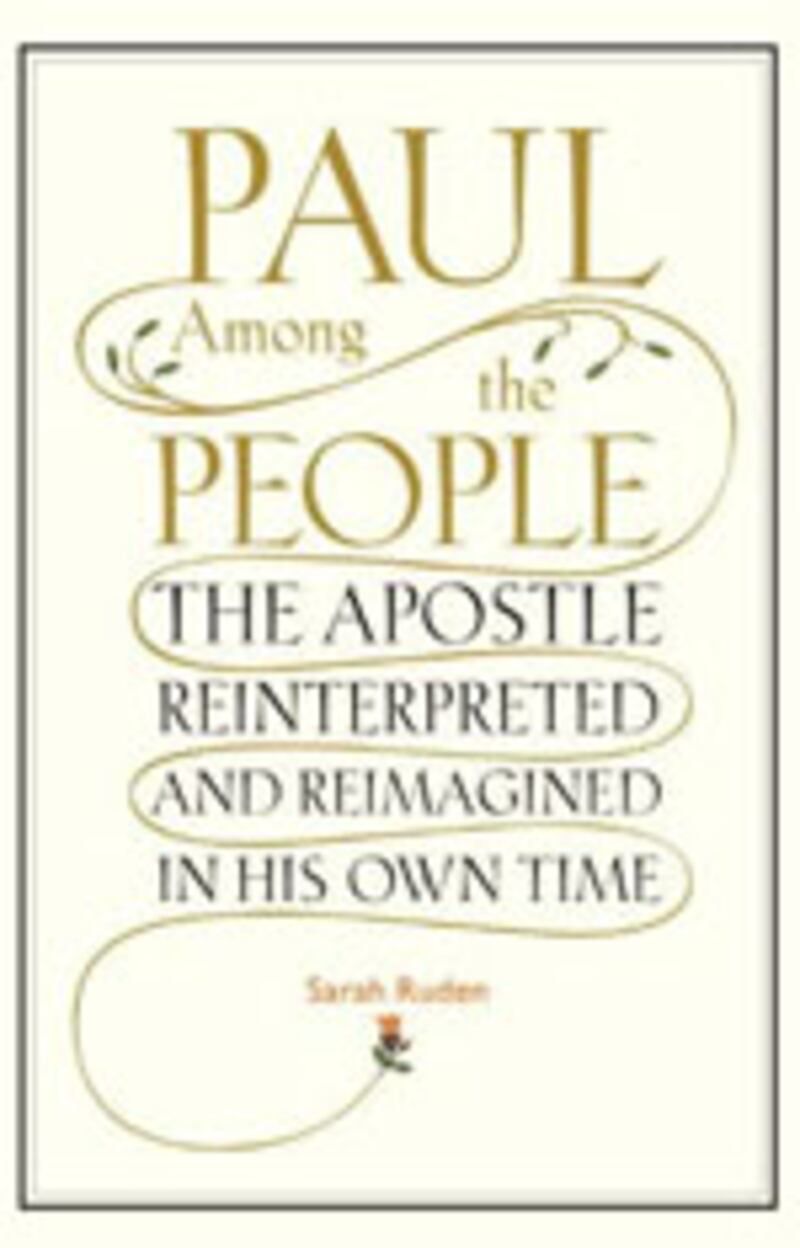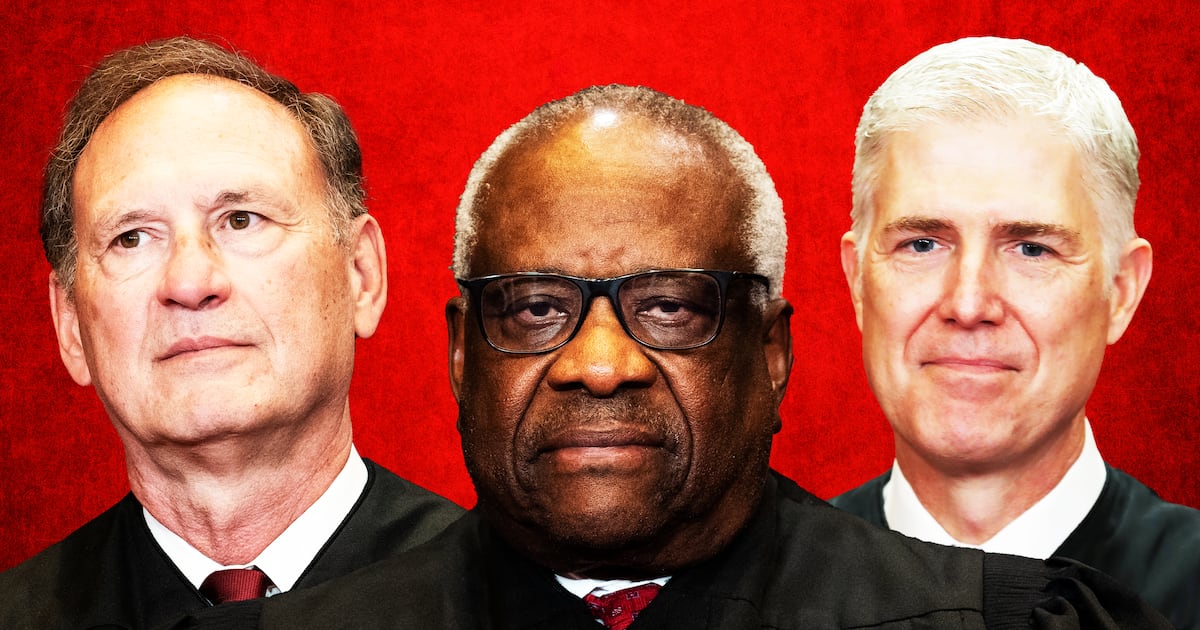
The Catholic Church’s present scandals may seem horrifyingly new, a development of the late 20th century. In fact, a pedophilia epidemic was going on during the first decades of Christianity. If only the Catholic hierarchy would address pedophilia with the courage and passion of the Apostle Paul, whom we can probably credit with spreading through Greco-Roman society the idea that this behavior was always evil and should never be tolerated.
There doesn’t seem to be any uncertainty about this crime to be found within the Christian tradition or the mandates of scripture. The hierarchy must take full responsibility for all of the enabling it has done.
In my recent book, Paul Among the People, I explore in detail the first chapter of Paul’s Letter to the Romans. This passage, in which the great evangelist excoriates practitioners of “these things” as unnatural, cruel, rebellious against God and humanity, and deserving death, is widely thought to be about homosexuality in general. But a reading in the context of Paul’s time reveals that his targets were pederasts, as pederasty and its variations were quite common and accepted. It is these acts, not homosexual interest or flirtation or even making out among adults, that Paul is clearly writing of, and his clear concern is the aggressors’ exploitation of the young and vulnerable. Not only was sexual penetration of juveniles painful and humiliating (as it always is), but in this society it placed a gristly stigma on the passive male partner. You wouldn’t do this to someone you cared about—only to a strange youngster with no one to protect him.
ADVERTISEMENT

A seduced boy risked losing his civic rights, and his loss of reputation would be lifelong. He would remain a “faggot,” though no one would dare profess a nonviolent sexual interest in him. Boys alone were worth courting. The active sexual partner got off scot-free to flaunt his aggressive “manliness.”
In poetry, scores of such men boasted, under their own names, of infiltrating schools, bribing boys, and throwing away their conquests once these grew body hair. Where citizen-class boys with protective parents were concerned, these tales are not believable, and are probably about as factual as the average letter to the Penthouse Forum. Slave boys, in contrast, must have found themselves on the wrong end of a turkey shoot. They had no rights and no escape; effective compassion for them was unheard of. One pedophile insouciantly published the following:
If you were still uninitiated in what I’m trying to persuade you to do, you’d be right to be afraid, perhaps expecting something terrible. But since your master’s bed has made you an expert, why do you begrudge someone else what you’ve got? Your lord calls you in when he needs you, then he goes to sleep and lets you go—he doesn’t even share a word with you. But here I can spoil you. You can play as an equal, chatter in confidence, and do other things because you’re asked, not because you’re ordered.
Against this background, Paul’s fury in Romans 1 seems common sense. He repeatedly uses the word “injustice” to describe these sex acts. (“Wickedness” is a common mistranslation.) He pours on to the offenders his fiercest insults ever, including the accusation that they “hate God.” The apostle is aflame with the revolutionary notion that everyone matters, that pederasts are not exempt from judgment because they have power and position and customary immunity and think they can impose (because they always have) the entire cost of their acts on the victims: “You have no excuse,” Paul writes, “whoever you are, when you judge others; for in passing judgment on another you condemn yourself, because you, the judge, are doing the very same things.” Paul was a true follower of Jesus, who had boldly addressed a characteristic abuse of his homeland when he faced the woman caught in adultery: The least powerful person was going to suffer alone for a forbidden act. He made it known that this couldn’t happen; the entire society must re-examine itself.
As modern forensic experience confirms, Paul showed particular insight in directing his most irate moral condemnation at pedophiles. Pedophilia is an addiction feeding not on inanimate things but on the most vulnerable human bodies and personalities. Unlike a drug user or alcoholic, this kind of addict doesn’t destroy himself but is sturdy and ready for more into old age. Pedophilia challenges any belief in salvation through human agency alone, because not even the most expert therapy seems to prevent recidivism. As Paul no doubt recognized, God alone understands pedophilia. We are far out of line in thinking that we can usefully tinker with or rationalize such an evil thing, or that we can in any other way deny hard and humble responsibilities to the weak that God has given us in allowing such an evil thing to exist.
The Catholic hierarchy has denied these responsibilities, and quite clownishly. It has not only sent confessed pedophiles on brief retreats, as if in the conviction that lazy good intentions are enough. It has also, in the realm of homosexuality, directed its most energetic policy enforcement against a class of people Paul had nothing to say about because he could not have imagined their existence: men in committed, exclusive sexual relationships who are trying to set up homes together with public recognition. What makes them a priority for censure?
I don’t want to suggest that homosexuality is a straightforward issue for any church to deal with; presumptions about how doctrine and practice should turn out are not religious; they are simply political, and not worth much. But is it not absurd for bishops, cardinals, and popes to strengthen the barricades against gay couples (whose wrongdoing is in much dispute) while leaving the victims of a plainly abominable crime to fend for themselves—if not bullying them, shaming them, and manipulating them?
There doesn’t seem to be any uncertainty about this crime to be found within the Christian tradition or the mandates of scripture. The hierarchy must take full responsibility for all of the enabling it has done. If not, perhaps it’s time for an object lesson. The Western rule of law rose primarily out of a Christian distaste for the rule of human self-interest and whim, as opposed to transcendent and enduring principle. Clergy who pressured molestation victims into signing secrecy agreements may need to go to jail for obstruction of justice, like anyone else.
Plus: Check out Book Beast, for more news on hot titles and authors and excerpts from the latest books.
Sarah Ruden was educated at the University of Michigan, Johns Hopkins, and Harvard. She has translated four books of classical literature, among them The Aeneid , and is the author of Other Places , a book of poetry. She is a research fellow at Yale Divinity School in New Haven, Connecticut, where she lives.






